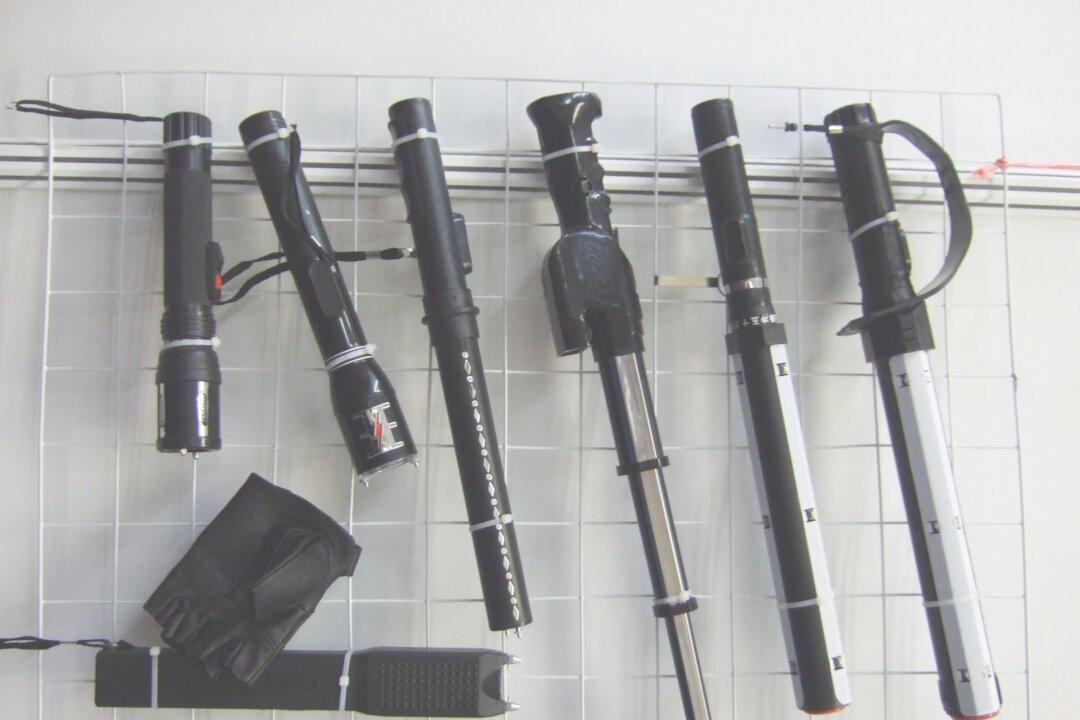China is becoming too expensive for many manufacturers, and they are moving their factories to Southeast Asia, Mexico and even to the United States. At least, that’s what the data says. Chinese officials this week begged to differ.
Claiming that only a few OEM (Original Equipment Manufacturer) factories have abandoned China for new facilities in Southeast Asia, the Communist Party’s Ministry of Commerce rejects the idea of a trend, or “phenomenon”, says Chinascope, a Washington-based think tank, in a brief which discusses an article this week in state mouthpiece People’s Daily.
Admitting that since 2011 there has been a 9.18 percent decline in foreign funded startup companies, the Commerce Ministry played down the severity of the problem, saying that the approval process for foreign investors had been simplified this year, while suggesting that investing in less expensive inland provinces will solve the issue.
Headlines in Western media, like Inventory Management and Demand Planning’s article “Outsourcing to China—a thing of the past?” and The Economist’s “The end of cheap China” clearly signal that foreign investors believe that there is a trend toward considering divesting from or moving out of China.
“The Chinese manufacturing cost advantage has eroded dramatically in the last few years,” said Steve Maurer, managing director of consulting firm AlixPartners, to CNBC, indicating that higher labor costs, the rising value of China’s currency, and the cost of shipping are factors that have made manufacturing in China increasingly expensive.
Corporate tax advantages in China are not what they used to be either. Now that China has become the world’s second biggest economy, it is phasing out the preferential taxes it used to offer foreign businesses, Akihiro Maekawa, the Managing Director of a Japanese consulting firm to Japanese companies in China, told the Chinese business magazine Caixin.
Compared to other Asian countries, China’s taxes on corporations are significantly higher. With equivalent corporate tax rates of 25 percent, Vietnam’s lower labor costs, coupled with a zero value added tax and zero dividends tax—compared to China’s 17 percent and 10 percent—are very attractive to investors, as is Malaysia’s similar rate structure, according to a three part analysis of China’s competition featured late last year in China Briefing.
It is the escalating cost of labor that continues to ratchet up manufacturing costs in China though.
“It’s not cheap like it used to be,” complained Dale Weathington, spokesman for an American firm, Kolcraft, which uses contract manufacturers to make baby strollers in southern China. He explained to The Economist that labor costs have risen by an eye opening 20 percent a year for the past four years.
Hong Kong-based entrepreneur, Sunil Gidumal, told The Economist that one third of his costs are in wages, and they have doubled in the past four years at his factories in Guangdong.
A National Bureau of Statistics report showed that 25 provinces in China have raised the minimum wage by an average of 20.2 percent, International Business Times reported in June, going on to quote the European Chamber of Commerce in China on the impact of rising wages on profitability: “The most notable factor negatively affecting net profit margins is rising labor costs, but slower economic growth in both China and Europe, as well as increased competition, also had notable effects.”
It is not only manufacturing investment that is leaving China. Wall Street Journal reported in a July 3 article that fears over China’s sluggish economy and Beijing’s reluctance to “juice it back up” are causing investors to bail out of China’s markets, explaining that global fund managers have pulled money out of Chinese stocks for sixteen of the last 18 weeks.
Over 10,000 Hong Kong-invested factories in southern China’s Guangdong Province alone have shut down since 2011, according to South China Morning Post, reported China Briefing early this year, saying that export based manufacturing in China is increasingly less viable. Beijing Administration for Industry and Commerce deregistered 217 foreign property companies in 2012, they report.




